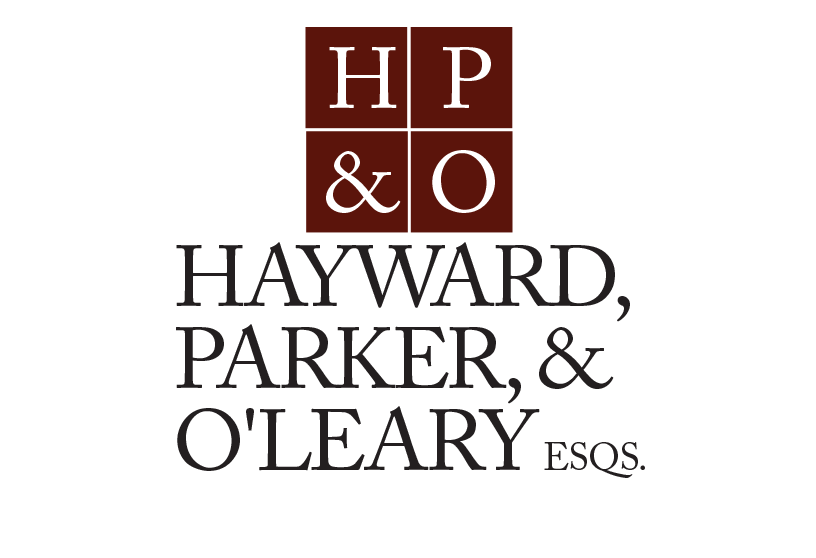Orange County, New York Attorneys Discuss Changes Affecting Chapter 7 & Chapter 13 Bankruptcy
In 2005, Congress passed The Bankruptcy Abuse Prevention and Consumer Protection Act (BAPCPA).
To determine whether a Chapter 7 bankruptcy is abusive, Congress came up with a test, called a Means Test Formula. The test determines whether there is “presumption of abuse.” If you appear able to repay creditors, according to your test results, there is presumption of abuse. When there is presumption of abuse, the United States Trustee will bring a motion to dismiss your Chapter 7 bankruptcy case. There are special circumstances where a case will not be dismissed, but these circumstances are narrowly defined.
Means Test Formula (MTF)
There are two important terms to define in relation to the Means Test:
- Currently Monthly Income (CMI) – How much money you make per month through income sources (excluding Social Security benefits and a few other exceptions) during the six (6) months prior to the month that your bankruptcy petition is filed
- Median Family Income (MFI) – An equal number of families in your state make income higher than yours, and an equal number of families in your state make income lower than yours
Two main tests determine that your bankruptcy filing is not abusive:
1) If your Current Monthly Income (“CMI”) is less than the Median Family Income (“MFI”) for a household of your size in the State where you reside (based on the most recent U.S. census data), there is no presumption of abuse and you can file a Chapter 7 bankruptcy petition.
However, there are instances in which the way your “presumption of abuse” is calculated may not be in your favor. As an example, if you file in July, your CMI is your average monthly income received from January thru June of that year. Consequently, you can be unemployed at the time of a bankruptcy filing and still have CMI. In fact, it is conceivable that an unemployed debtor who recently lost a high paying job could have CMI in excess of the applicable MFI, and therefore have a presumption of abuse. A competent attorney should be able to avoid this somewhat absurd result by timing the filing of your petition.
2) If after taking allowable deductions your disposable income (monthly amount available to pay unsecured creditors) is less than $117.91 per month, or $7,075.00 over 60 months ($117.91 times 60 equals $7,075.00), no presumption of abuse arises in your Chapter 7 case. If your disposable income is above $195.41 per month, or $11,725.00 over 60 months ($195.41 times 60 equals $11,725.00), a presumption of abuse would arise in your Chapter 7 case, and would likely result in your case being dismissed. If your disposable income is between $117.91 and $195.41 per month there is a presumption of abuse only if said monthly amount, when multiplied by 60, is enough to repay at least 25% of your nonpriority unsecured debt over 5 years.
If this test seems less than crystal clear, that is because much of BAPCPA is less than crystal clear. The expenses that a debtor can deduct from their CMI are an odd combination of arbitrary and actual ones.
Arbitrary expenses
(1) National Standards for food, clothing and services, housekeeping supplies, personal care products and miscellaneous items based upon the size of your household and your CMI.
(2) Local Standards for housing and utilities based upon family size and county of residence.
(3) Local Standards for transportation expenses, based on the region of the country where you reside, for Ownership Costs and Operating Costs/Public Transportation Costs
(4) Other Necessary Expenses (these are actual expenses) for, among other things, child care, court-ordered payments such as alimony and support, necessary medical and dental expenses, income taxes (including withholding), involuntary deductions from wages (union dues, uniforms, etc.) term life insurance, and a few others
Actual expenses
Your bankruptcy lawyer will explain added stipulations regarding these actual expenses.
- Health insurance
- Average monthly payment on secured debts (mortgage, car loan, etc.)
- Child Support
- Public or Private school expenses for children under 18 up to $1500/yr
- Charitable and religious contributions
- Expenses to protect debtor and family from domestic violence
- Payments required to catch up on past due payments on secured debts
- Costs for continued care of the elderly, ill or disabled family members
- Chapter 13 administrative expenses
Even if a presumption of abuse exists after all expenses are deducted, a debtor can rebut the presumption if they can establish “special circumstances” that justify additional expenses or adjustments to CMI for which there is no reasonable alternative. BAPCPA gives “a serious medical condition or a call or order to active [military] duty” as examples of “special circumstances”.
It has been the experience of this law firm that it is rather rare for a presumption of abuse to arise, since the expenses that can be deducted are actually quite generous.
If a presumption of abuse exists after application of the above Means Test Formula, and no special circumstances exist, a debtor would be ill advised to file a Chapter 7 petition. In such a circumstance, a Chapter 13 filing would be the appropriate bankruptcy response.
To discuss your options regarding bankruptcy and other alternatives to bankruptcy call our office today at 845-343-6227 and speak to Attorney Michael O’Leary to arrange a free consultation.
